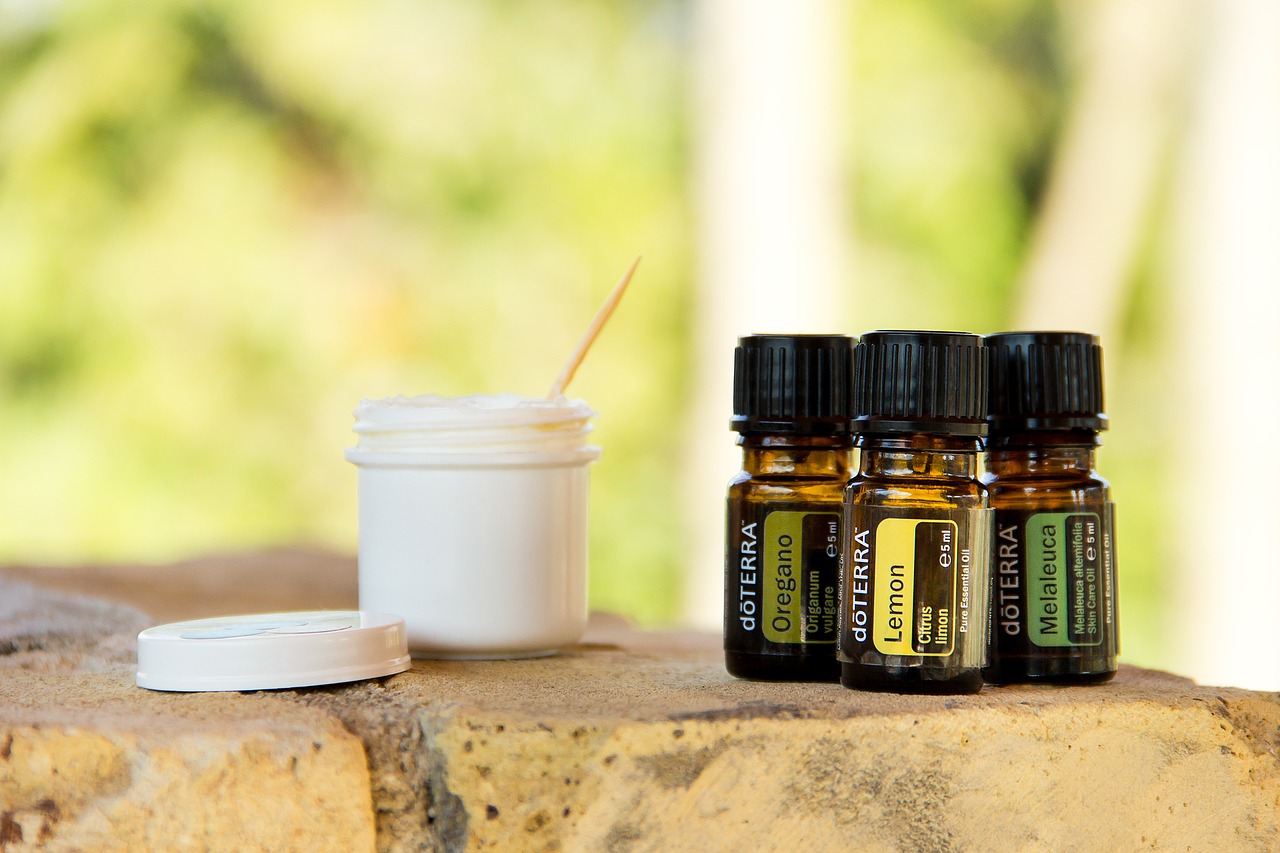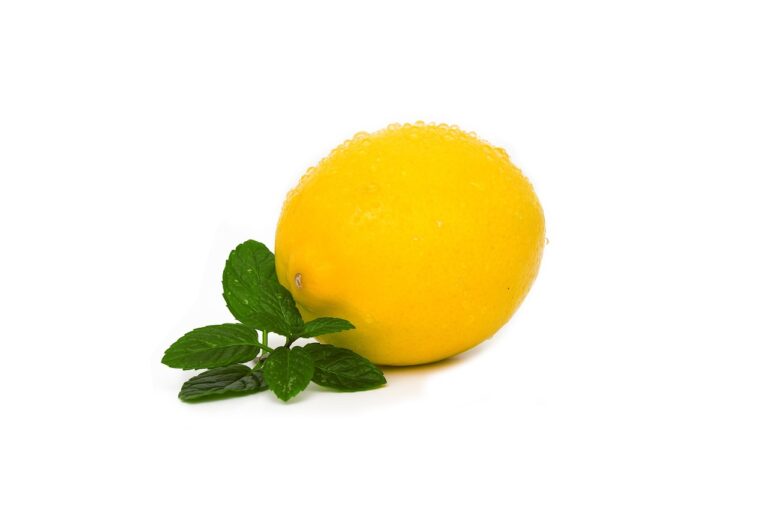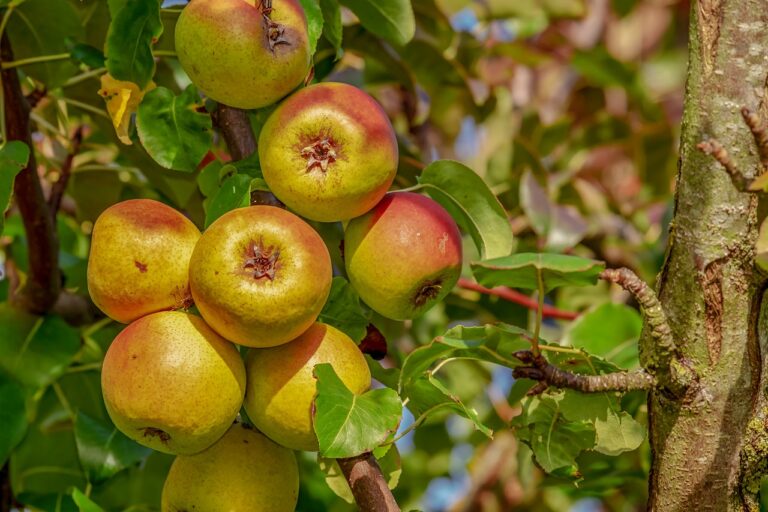The Role of Nutrition in Preventing Eye Diseases
99exch.com login, laser247. com, yolo247 login:The Role of Nutrition in Preventing Eye Diseases
Did you know that what you eat can play a significant role in the health of your eyes? It’s true! Nutrition plays a crucial role in preventing eye diseases and maintaining good vision. By incorporating certain nutrients into your diet, you can help protect your eyes from various conditions, such as age-related macular degeneration, cataracts, and dry eye syndrome.
So, what are these essential nutrients, and how can you ensure you’re getting enough of them in your diet? Let’s dive into the world of nutrition and eye health to find out.
Antioxidants: The Superheroes of Eye Health
Antioxidants are compounds that help protect our cells from damage caused by free radicals, which can lead to various health problems, including eye diseases. Some of the most potent antioxidants for eye health include:
– Vitamin C: Found in citrus fruits, berries, and bell peppers, vitamin C helps protect the eyes from oxidative stress and inflammation.
– Vitamin E: Nuts, seeds, and leafy greens are excellent sources of vitamin E, which can help reduce the risk of age-related macular degeneration.
– Lutein and Zeaxanthin: These carotenoids are found in green leafy vegetables like spinach and kale, as well as in egg yolks. They help protect the eyes from harmful blue light and reduce the risk of cataracts and macular degeneration.
– Beta-Carotene: Found in carrots, sweet potatoes, and squash, beta-carotene is converted into vitamin A in the body, which is essential for good vision.
Omega-3 Fatty Acids: The Brain Food for Your Eyes
Omega-3 fatty acids are essential fats that play a vital role in eye health. They help maintain proper retinal function, reduce inflammation, and support overall eye health. Sources of omega-3 fatty acids include fatty fish like salmon, tuna, and sardines, as well as nuts and seeds like flaxseeds and walnuts. If you’re not a fan of fish, consider taking a high-quality fish oil supplement to ensure you’re getting an adequate amount of omega-3s.
Zinc and Copper: The Dynamic Duo for Eye Health
Zinc and copper are two essential minerals that are crucial for maintaining healthy eyes. Zinc helps the body absorb vitamin A and supports overall eye health, while copper is necessary for the formation of connective tissues in the eye. Good food sources of zinc include oysters, red meat, poultry, and beans, while copper can be found in nuts, seeds, whole grains, and seafood. Make sure to include these minerals in your diet to support your eye health.
FAQs
Q: Can supplements replace a healthy diet for eye health?
A: While supplements can be beneficial, they should not replace a healthy, balanced diet rich in nutrients that support eye health. It’s essential to get most of your nutrients from whole foods for optimal health benefits.
Q: Are there any foods I should avoid for eye health?
A: To protect your eyes, limit your intake of processed foods high in sugar, unhealthy fats, and refined grains. These foods can contribute to inflammation and reduce the nutrients needed for good eye health.
In conclusion, nutrition plays a crucial role in maintaining healthy eyes and preventing eye diseases. By incorporating antioxidant-rich foods, omega-3 fatty acids, zinc, and copper into your diet, you can help protect your eyes and support optimal vision. Remember, a balanced diet and healthy lifestyle habits are key to keeping your eyes in tip-top shape for years to come. So, fill your plate with colorful fruits and veggies, add some fatty fish to your meals, and support your eye health with the power of nutrition. Your eyes will thank you!







